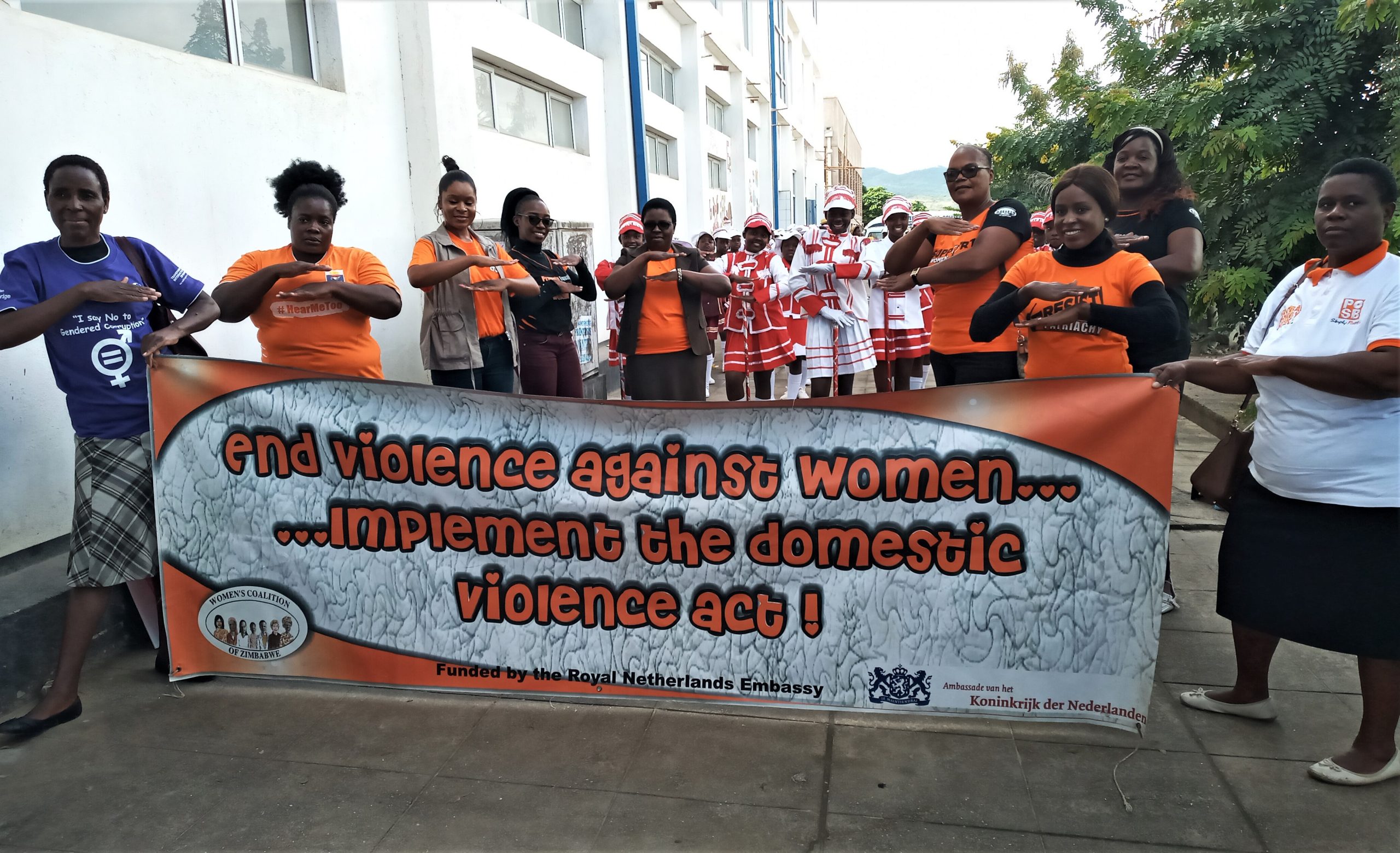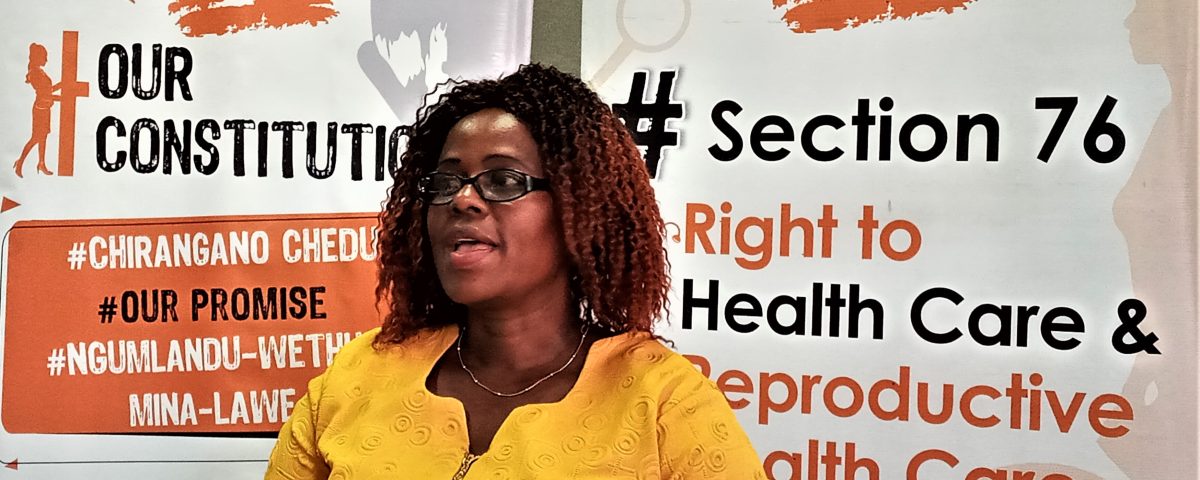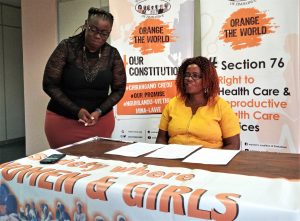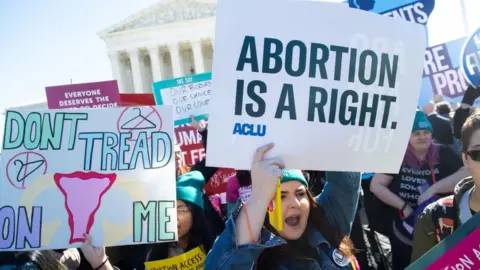
Citizen’s urged to be proactive in reporting, whistle blowing developmental concerns
March 5, 2020
Zimbabwe’s 2020 International Women’s Day Commemorations In Pictures
March 20, 2020WCOZ intensifies constitutional literacy this year’s Women’s Day

WCOZ Mutare chapter chairperson Selina Marewangepo during a press conference yesterday (Thursday).
Ngoni Dapira
WOMEN’s Coalition of Zimbabwe (WCOZ) will use this year’s International Women’s Day commemorations to amplify its constitutional literacy awareness drive to women, particularly information on the country’s envisaged devolution framework, Easterntimeszim, has learnt.
WCOZ is a national membership based network of women’s rights activists and women’s organisations. The 2020 International Women’s Day is annually celebrated on March 8 and this year’s international theme is, ‘An equal world is an enabled world’.
From concerts and conferences to fun runs and festivals – International Women’s Day is celebrated globally. Groups worldwide raise awareness, celebrate achievements and rally for change to help forge a more gender-equal world and show their commitment towards the cause.
WCOZ Mutare chapter chairperson Selina Marewangepo during a press conference yesterday (Thursday) said this year’s commemoration which will be held in Mutare in Manicaland province seeks to come up with a clear strategy for lobbying and advocacy to increase women’s understanding of the constitution as well as representation and participation at both the local and national level in all spheres of influence, especially under the devolution matrix.
She said they will hold their pre-commemorations tomorrow (Saturday) at the Manicaland Show Ground. The commemorations will be a day ahead of the actual date that Women’s Day is celebrated, and they will be running under a sub-theme,” Our Constitution, Our Promise, Chirangano Chedu.”

WCOZ spokesperson Rumbidzai Mushayahanya (left) and WCOZ Mutare chapter chairperson Selina Marewangepo.during the press conference.
Marewangepo said they are anticipating about 5000 participants inclusive of women, men, boys and girls.
“The commemorations will start at 8am on Saturday and we have partners who are supporting us under the Civic Engagement for Accountability Democracy Zimbabwe, which include Transparency International Zimbabwe (TIZ) and the Catholic Commission Justice and Peace. We are also working closely with the relevant government departments,” she said.
Marewangepo applauded strides that have been made so far at grassroots level in the country to conscientise women about stepping up in the gender equality discourse.
“Women are indeed taking leadership roles at grassroots level. At church level, in School Development Committees (SDCs), women are now also taking up leadership roles, even in the rural areas. We believe it starts at grassroots level then I am sure from there we will see more women at the top at national level in business and politics,” she said.
The day’s events will include presentations from various speakers, exhibitions by stakeholders and entertainment from Pauline Gundidza the former Mafriq group member of the ‘Ndizvo chete’ fame as well as local artistes Caff of the ‘Perfect to me’ hit song and budding afro-jazz songstress Rutendo Jackie Mugandani to mention a few.
Gender equality is guaranteed in the country’s constitution. Zimbabwe has also committed to gender parity through regional and international instruments that it is signatory to. The SADC Protocol on Gender and Development, which Zimbabwe is part of, encourages member states to ensure equal and effective representation by women in decision-making in the political, public and private sectors, including the use of special measures.
The commemorations come at a time that women are being encouraged to be more proactive in the political domain in Zimabwe. This come s after the 2018 harmonised elections in Zimbabwe witnessed a decline in women’s political representation at national and local level.
According to statistics from the leading Southern African women’s rights organization, Gender Links Zimbabwe, women’s political representation has fluctuated over the past 10 years since 2008. Following the adoption of the new Constitution in 2013, the proportion of women in the national assembly increased from 14 percent to 32 percent and in the Senate from 33 percent to 48 percent, resulting in an overall representation of 34 percent women. However, in the 2018 elections, the proportion reduced to 31 percent.
Zimbabwe has a 30 percent proportional representation quota for women at national level which expires in 2023, raising concerns that even the limited gains made over the years may be lost. Gender Links Zimbabwe says there is no legislated quota for women at local government level presenting a threat to women’s participation. Women are said to occupy only 1 out of 4 political positions worldwide, which therefore means that legislated quotas are an important tool to improve women’s representation in politics.


